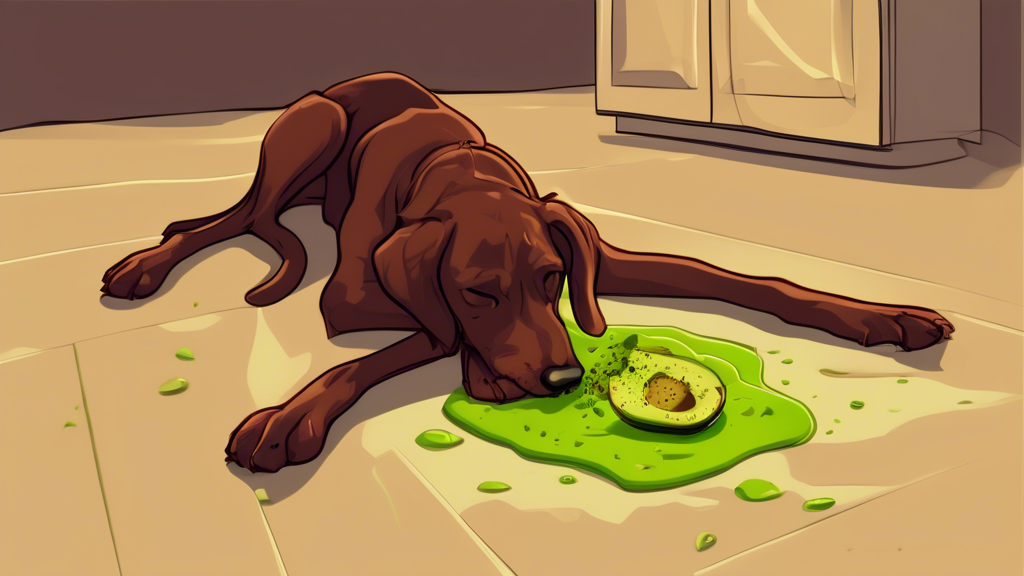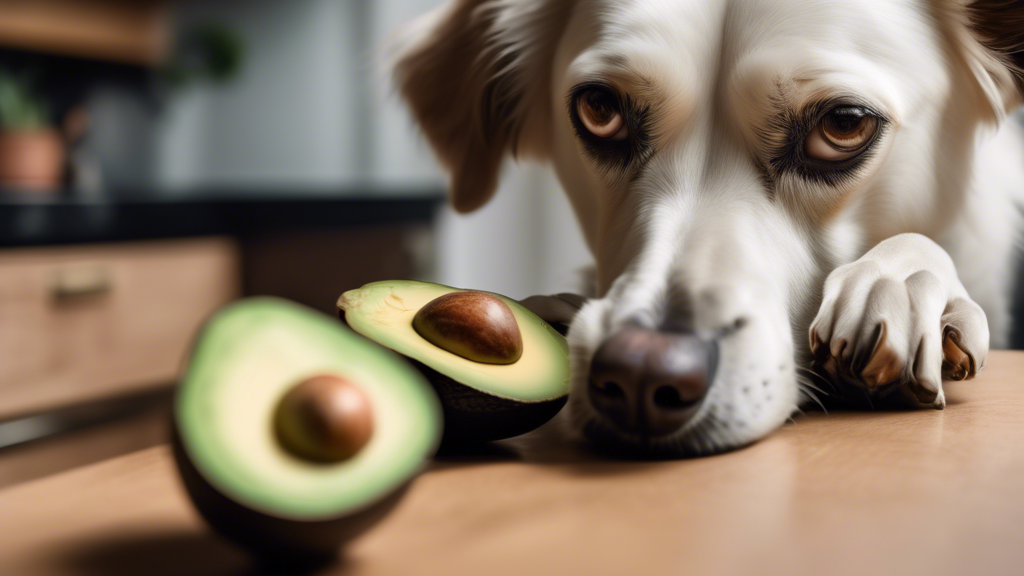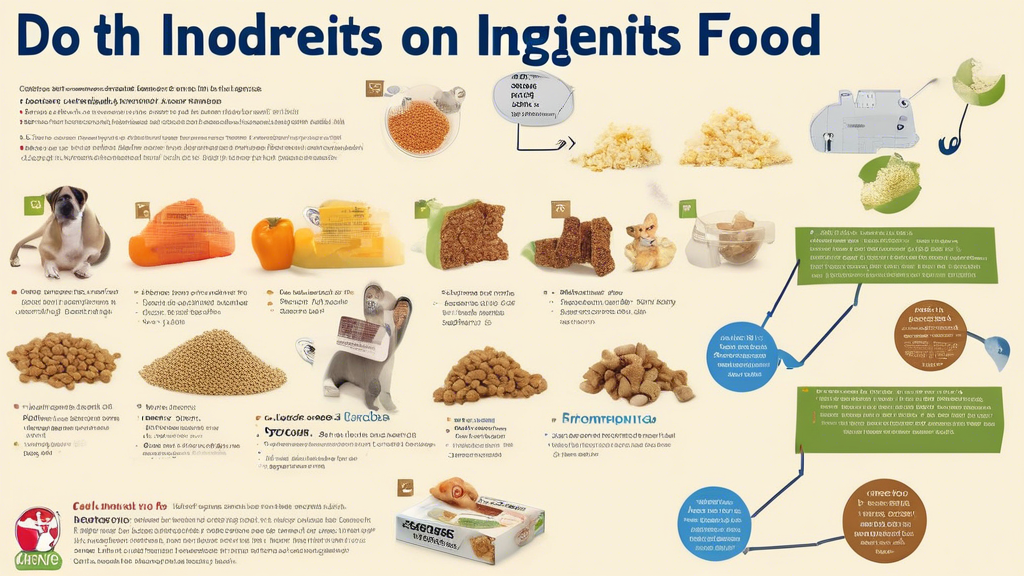**Can Dogs Eat Avocado? An In-Depth Guide for Pet Owners**
Proper nutrition plays a crucial role in the health and longevity of our canine companions. As pet owners, it’s imperative to understand the potential benefits and risks associated with various foods. One such food that has raised questions among dog owners is avocado. This article delves into the complex subject of whether dogs can eat avocado, providing comprehensive insights into its safety, potential toxicity, and how to feed it safely to our furry friends. We’ll explore the nutritional value of avocados, the specific parts that can pose risks, and the symptoms of avocado poisoning. Additionally, we’ll suggest alternative healthy snacks and treats that can provide your dog with essential nutrients without compromising their well-being.
Can Dogs Eat Avocados?
Avocados, a creamy and nutritious fruit, are a popular culinary staple. However, while avocados are generally safe and beneficial for humans, certain components can be toxic to dogs.
Potential Risks:
- Persin: Avocados contain a toxic compound called persin, primarily found in the skin, pit, and leaves. Persin can lead to several health issues in dogs, including heart damage, respiratory distress, and digestive problems.
Potential Benefits:
- Healthy fats: Avocados are rich in monounsaturated and polyunsaturated fats, beneficial for dogs’ heart health and overall well-being.
Toxic vs. Safe Parts:
- Toxic: The avocado skin, pit, and leaves contain high levels of persin and should never be given to dogs.
- Safe: The flesh of ripe avocados, when removed from the skin and pit, is generally safe for dogs in small amounts.
Safe Feeding Guidelines:
If you want to share avocados with your dog, follow these guidelines:
- Remove the skin and pit: These parts contain the highest levels of persin.
- Feed ripe avocados: Ripe avocados have lower persin levels than unripe ones.
- Feed in moderation: Only give your dog a small amount of avocado (about a tablespoon for small dogs, up to half an avocado for large dogs) as a treat, not a regular part of their diet.
- Monitor your dog: Watch for any signs of discomfort or upset stomach after feeding avocados.
The #1 Free Source for Pitbull & Bully Pedigrees!

## Additional Considerations for Dog Owners
**Symptoms of Avocado Poisoning in Dogs**
If your dog has ingested any part of an avocado, it’s crucial to observe them for the following symptoms:
* Vomiting
* Diarrhea
* Difficulty breathing
* Respiratory distress
* Weakness
* Lethargy
**When to Contact a Veterinarian**
Contact your veterinarian immediately if your dog exhibits any of the aforementioned symptoms after eating avocado. Prompt veterinary intervention is essential to prevent severe complications or even death.
**Alternative Healthy Snacks and Treats for Dogs**
Instead of avocados, consider these healthy and dog-friendly snacks and treats:
* Apples (without seeds)
* Bananas
* Blueberries
* Carrots
* Celery
* Sweet potatoes
* Pumpkin (cooked and without added spices)
* Lean chicken (cooked and without bones)
* Peanut butter (unsweetened and without xylitol)
Remember, moderation is key when introducing new foods to your dog’s diet. Always consult with your veterinarian before feeding your dog any human food, including avocados.
**Conclusion**
In summary, while avocados contain some healthy fats and nutrients, they also pose potential risks to dogs. Pericin, a toxin found in the skin and pit, can cause vomiting, diarrhea, and even heart failure if ingested in large amounts. Therefore, feeding avocados to dogs should be done with extreme caution.
To safely feed avocados to dogs, remove all skin and pit and offer only a small, ripe portion. Monitor your dog closely for any signs of avocado poisoning, such as vomiting, diarrhea, or respiratory distress. If you observe any symptoms, contact your veterinarian immediately.
It is important to remember that avocados should not be a regular part of your dog’s diet. There are numerous other healthy and dog-friendly snacks and treats available, such as apples, carrots, sweet potatoes, and blueberries. By adhering to these guidelines and exercising caution, dog owners can enjoy sharing the occasional avocado treat with their furry companions without compromising their health and well-being.














Leave A Comment